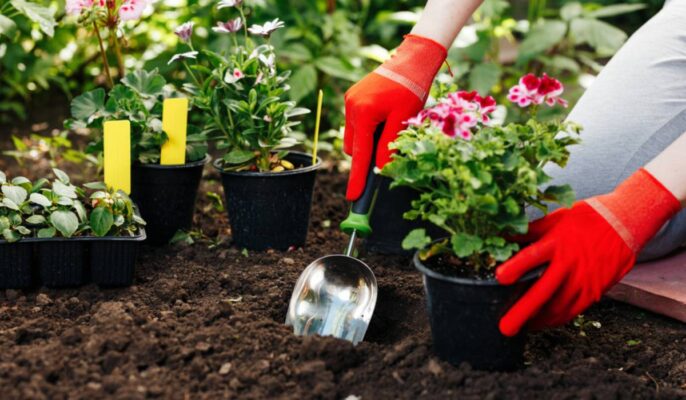Gardening is both an art and a science, combining creativity with a deep understanding of plants and their needs. Whether you’re a seasoned gardener or just starting, these gardening tips can help you cultivate a beautiful and productive garden.
1. Know Your Soil
The foundation of any successful garden is the soil. Start by testing your soil’s pH and nutrient levels. Most plants thrive in neutral to slightly acidic soil. Amend your soil with organic matter such as compost, manure, or peat moss to improve its structure and fertility. Healthy soil promotes strong root growth, which is essential for plant health.
2. Choose the Right Plants
Selecting plants that are suitable for your climate and soil type is crucial. Native plants are often the best choice as they are adapted to local conditions and require less maintenance. Consider factors such as sunlight, water requirements, and the plant’s mature size when making your selections.
3. Plan Your Garden Layout
A well-thought-out garden layout maximizes space and ensures that plants have the right conditions to thrive. Group plants with similar needs together and consider the mature size of plants to avoid overcrowding. Incorporate pathways for easy access and maintenance.
4. Water Wisely
Proper watering is essential for plant health. Water deeply and infrequently to encourage deep root growth. Early morning is the best time to water as it reduces evaporation and allows plants to absorb moisture before the heat of the day. Mulching around plants helps retain soil moisture and suppress weeds.
5. Use Organic Mulch
Mulch is a gardener’s best friend. It helps conserve soil moisture, suppress weeds, and improve soil health as it decomposes. Organic mulches, such as wood chips, straw, or shredded leaves, also add nutrients to the soil. Apply a 2-3 inch layer of mulch around plants, being careful not to cover the base of the plants.
6. Fertilize Appropriately
Plants need nutrients to grow and thrive. Organic fertilizers, such as compost, manure, or commercial organic fertilizers, provide a slow release of nutrients and improve soil health. Avoid over-fertilizing, as this can lead to nutrient imbalances and harm beneficial soil organisms.
7. Prune Regularly
Regular pruning helps maintain plant health and encourages productive growth. Remove dead or diseased branches to prevent the spread of disease. Prune shrubs and trees to maintain their shape and remove any crossing or overcrowded branches. For flowering plants, deadhead spent blooms to encourage further blooming.
8. Practice Pest Management
Integrated Pest Management (IPM) is a holistic approach to pest control that combines biological, cultural, and mechanical methods. Encourage beneficial insects, such as ladybugs and predatory beetles, which feed on pests. Use physical barriers, like row covers, and practice crop rotation to reduce pest buildup. When necessary, use organic pesticides as a last resort.
9. Grow Your Own Compost
Composting is an excellent way to recycle garden and kitchen waste into nutrient-rich compost. A good compost pile includes a mix of green materials (like vegetable scraps and grass clippings) and brown materials (like leaves and straw). Turn your compost pile regularly to aerate it and speed up decomposition. Finished compost can be used to improve soil structure and provide nutrients to plants.
10. Embrace Continuous Learning
Gardening is a lifelong learning journey. Stay curious and keep expanding your gardening knowledge. Read gardening books, join local gardening clubs, and participate in online gardening forums. Experiment with new plants and techniques to discover what works best in your garden.
